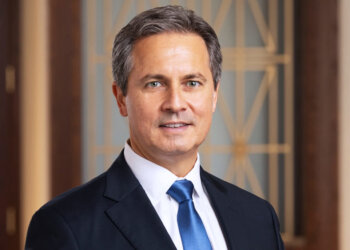During the Trump administration $700 million worth of Moderna funding agreements were terminated for developing and purchasing bird flu vaccine through the program established by the Biden administration to fight pandemics.
Moderna made public disclosure about the termination through which it lost $590 million awarded for H5N1 avian influenza vaccine development alongside a $176 million HHS agreement from the previous year.
The funding supported the Biden administration’s pandemic response infrastructure through a program which aimed to advance testing of multiple pandemic influenza subtypes and speed up production readiness. Moderna shares maintained their market value during the after-hours session after the announcement.
The decision to stop the platform leaves behind a vital tool for fast avian influenza response according to Dr. Amesh Adalja who works as senior scholar at the Johns Hopkins Center for Health Security. This move represents a total shift away from the Operation Warp Speed program’s achievements.
The Trump administration conducted an internal assessment of pandemic contracts they inherited from the previous administration before taking this decision. HHS continues to evaluate its spending needs while searching for different methods to develop vaccines.
The U.S. government identified Moderna’s bird flu vaccine as its primary biodefense option. The vaccine used mRNA technology identical to their COVID-19 vaccine showing positive preclinical results and early clinical trial data. The program had received widespread expectations to start Phase 3 trials by the end of the year.
The immediate termination of this program creates major concerns about the U.S. ability to handle emerging biological threats because H5N1 outbreaks continue to spread across global bird populations. The vaccine development process between public and private sectors faces challenges because political changes lead to uncertainty about its future momentum.
The Biden administration promoted pandemic readiness yet Trump administration members want to shift funding towards smaller and more economical programs.
The world faces increased alertness regarding the next viral outbreak following this major strategic shift in U.S. pandemic response which could create a global preparedness gap.










